

Rhythm games may not have total control of the gaming market these days, but people always want to press buttons in time to music. That’s especially true on the Wii, where Just Dance is one of the biggest franchises in the system’s history. But for those that prefer Japanese weirdness and catchy tunes over hopping around to kid-friendly pop, Rhythm Heaven Fever has finally made it to our shores. And despite being softened around the edges, the franchise's undeniable charm shines brighter than ever.
Rhythm Heaven isn’t as well known here as it is in Japan, but think of it as a musical WarioWare. Instead on seven second minigames, each gaming morsel is built around a song and a simple concept, like hitting a baseball or playing a tambourine. Get your timing right, successfully complete a song, and you’ll unlock the next one. And just like WarioWare, Rhythm Heaven is exploding with personality.
One very important note: Rhythm Heaven Fever is waggle-free! Unlike virtually every Nintendo franchise that transitioned to the Wii, no ridiculous motion controls were tacked on to RHF. For 95 percent of what you’ll be doing in the game, you only use the A and B buttons. You'll simply tap those two in time to music to win, which is a fairly straightforward compared to the DS version’s more informal touch screen controls. However, don’t mistake it as brainless, as the developers found an insane number of uses for those couple of buttons.
RHF takes you through its playlist one song at a time, with lengthy practice for each tune beforehand should you need it (and you probably do need it). It begins with tapping the A button alongside simple cues like a man hitting golf balls thrown at him by monkeys, and the music gets incrementally faster and more complex. Soon a much bigger ape is throwing faster spheres at you set to a different tempo. As the song progresses you catch the small audio cues telling you when to tap and hopefully you catch on to those.
This pattern basically follows for each song you’re introduced to, as simple concepts pile one on top of the other and you learn each song’s tricks. As you go through the tracks they mature, getting deeper and more interesting, some even have lyrics. We came to love the catchy Japanese soundtrack, with the merry melodies from it rattling around in our head days later.
Even in a game so focused on audio, the stylistic appeal is backed up superbly by the art design. The characters and settings are simply designed for maximum cuteness, but there’s a slight edginess and rebelliousness to the game. Not unlike the smiling, fun-loving monkeys that frequently pop up during the challenges, RHF has a mischievous quality to it, with lovably odd minigame concepts like interviewing a wrestler being and kicking away annoying soccer balls during a date. RHF is exceedingly charming and kept pulling us back with the desire to experience everything.
That fun and exciting uniqueness to each track is needed too, because the songs can get pretty tough as time goes on. And no matter how much you love the feel of the game, if you lack rhythm, you’ll have a tough time every so often. If you aren’t feeling the beat of something (like we did with the delightful Monkey Watch), no matter how adorable the art is, you’ll be frustrated. That’s where the relaxed tone of the game is helpful, though some of the “hardcore” out there might reject it.
If you fail at a song a few times, RHF gives you the choice to simply give up and move on. After failing at the aforementioned Monkey Watch, the option popped up in a sub menu to skip the track and move on to the next one. We were so stymied by this minigame that we took that option even though it made us feel a little dirty. When the same thing happened in Remix 3, a boss fight of sorts that cuts together the four previous songs, we were similarly stuck thanks to the Monkey Watch portion. Eventually we had to skip it as well, but we felt slightly less dirty the second time.
By the end we’d skipped over several more songs (that we eventually revisited at our own pace), and we'd stopped caring about how skipping them made us feel. Rhythm Heaven Fever isn’t out to punish you for not getting a song by denying you content. It wants you to experience as much as possible no matter what your natural musical abilities may be. Instead of withholding, it rewards players that are good with bonus items while letting everyone see all the songs if they want. It’s a clever compromise and one we easily accept.
Perhaps due to its simple style Rhythm Heaven Fever is launching at a value price, but it’s bursting with addictive content you’ll want to experience over and over again. RHF is an experience you can either face like the hardcore gamer you dream of being or in a relaxed afternoon like a music lover not bothered by high scores. RHF finds a great middle ground between the Wii's family audience and the niche group Japanese oddities like Rhythm Heaven normally attracts. If you want some light fun to enjoy between “serious” games, don’t deny yourself one of the last Wii games worth your time.
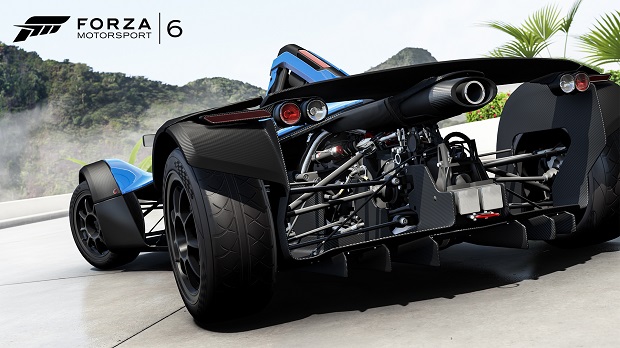
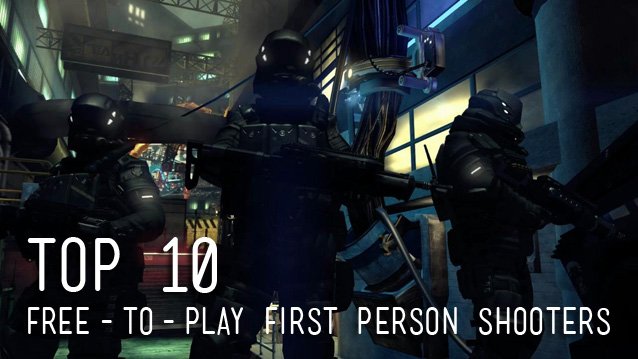

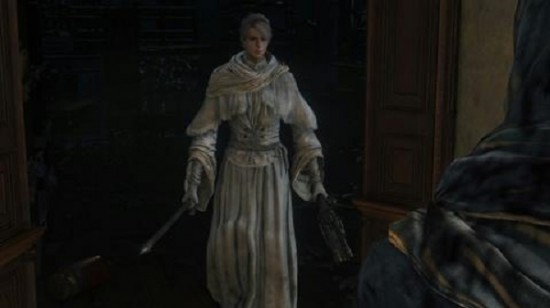
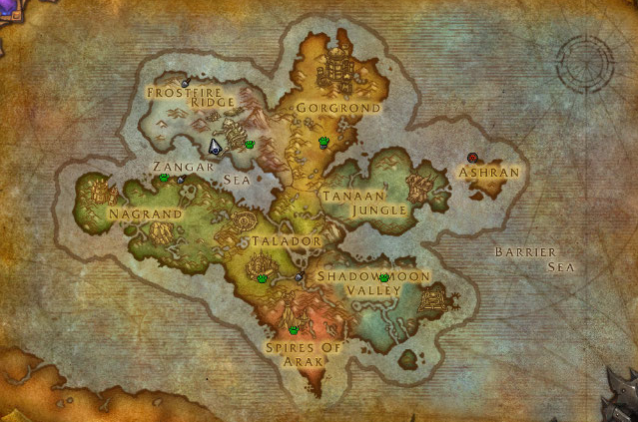 15 Best Exploration Games of All Time
15 Best Exploration Games of All Time Name Your Own Price On Massive Bundle of Programming Courses
Name Your Own Price On Massive Bundle of Programming Courses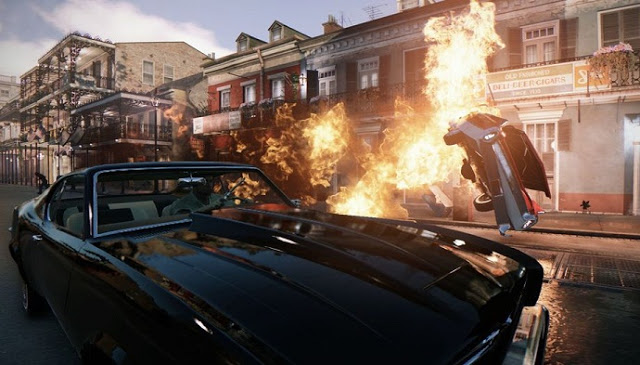 Mafia III (PC, PS 4, Xbox One) first impressions
Mafia III (PC, PS 4, Xbox One) first impressions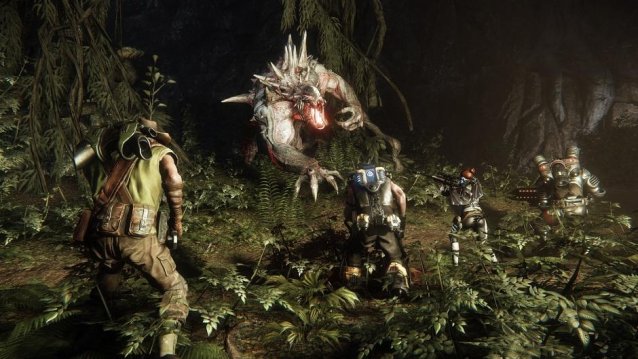 Evolve: Four Things Turtle Rock Could Do To Improve The Game
Evolve: Four Things Turtle Rock Could Do To Improve The Game PES 2015: Top 10 Dribblers
PES 2015: Top 10 Dribblers